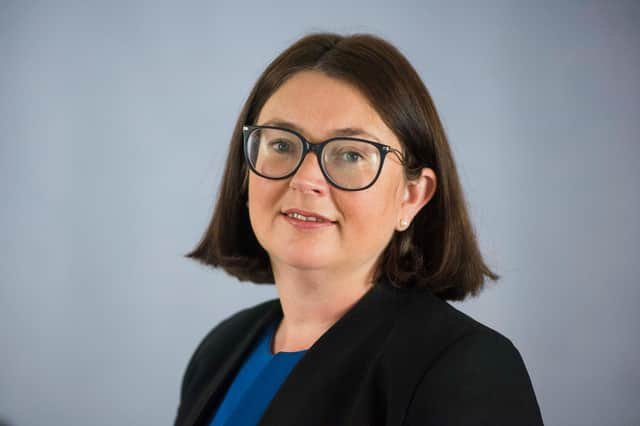New trend sees rapid growth in low and non-alcoholic drinks - Fiona McKinnon


NoLo sales in the UK supermarkets rose by 50 per cent in 2020-21, hitting £200m, with an IWSR Report released in February 2021 projecting that NoLo consumption in the UK will grow by a further 31 per cent by 2024. The Society of Independent Brewers found last year that one in three young adults have reduced their alcohol consumption, drinking trends are changing, and licensed premises ought to take note.
While non-alcoholic beers and wines have been available for decades and continue to dominate NoLo sales, the last five years have seen a demand and subsequent supply of alternatives to drinks in all areas of the alcoholic sector. Non-alcoholic spirits now have much more widely-available booze-free substitutes as suppliers have been quick to catch onto changing consumer tastes. We are in the midst of a boom of innovation in the NoLo category, with a sharp focus on quality, taste and experience – all of which the retail and hospitality industry can cash in on.
Advertisement
Hide AdAdvertisement
Hide AdThe advantage of offering a range of NoLo drinks is that consumer expectations and thirst for choice can be met. Those who are not looking to consume alcohol are increasingly discontent with a poor range of alternatives and have come to expect more from non-alcoholic offerings. Rather than compromising on taste, consumers can now receive a drink which rivals its alcoholic counterpart in flavour, complexity and craftsmanship – something which a soft drink cannot fulfil.
The role of social media as tee-total becomes trendy also cannot be overstated and users share their Instagram-worthy #copycocktails. Hospitality venue operators now have a unique opportunity to make drinks menus more inclusive from an experience standpoint – non-drinkers, now more than ever, can experience the same complex concoction of flavours designed to be consumed at a slower pace, and skip the headache and loss of productivity the next morning.
Providing this selection of alcohol-free drinks is not without risk. The cost of non-alcoholic spirits is comparable to premium spirits but will likely be purchased at smaller quantities with less scope for cost-savings. This reflects the fact that, while the NoLo market is growing rapidly, it only accounts for roughly 3 per cent of the UK’s alcohol market.
The innovation and quality that feeds into the manufacturing of the new wave of non-alcoholic spirits is reflected in its premium price tag. Creativity in what venues do with these ingredients and how they present them – both on the menu and in the glass – can command a higher price point and creating a luxurious experience.
The drive towards a healthier lifestyle coupled with a greater consumer emphasis on service and experience makes this an ideal time for venues to experiment with their non-alcoholic offerings – and as it’s Dry January, those hoping to entice people in better act fast.
Fiona McKinnon is a Partner with Anderson Strathern